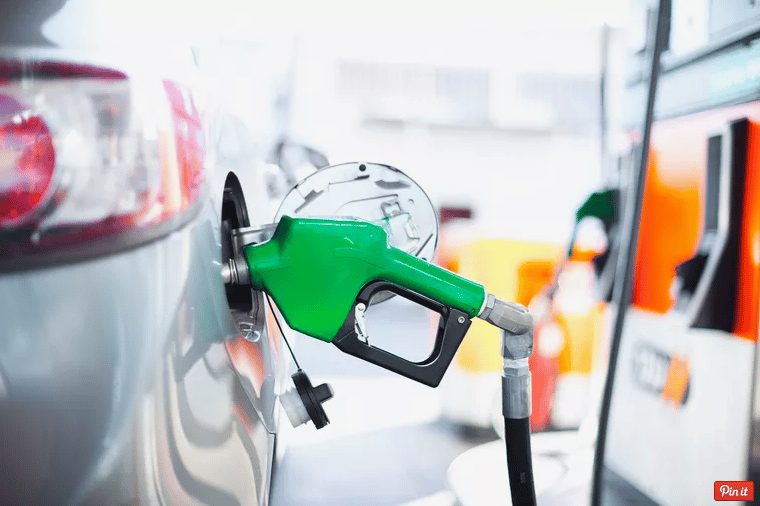Source: Agbiz e-newsletter, 10 July 2020, photo credit: Pleasureofart/Getty Images/ThoughtCo.
The lack of diesel availability has been a major constraint to the broader agriculture and agribusiness sector over the past couple of weeks, especially as the country moved from alert level 5 to alert levels 4 and 3 during the lockdown period and economic activity returned.
This has delayed the maize-harvesting process, the delivery of maize to silos and mills, and distribution of maize meal to retail stores. The trucking of especially export citrus and other fruit to the various ports has also been hampered by insufficient diesel supply. Over the past month, Agbiz together with other partners, has been meeting every Wednesday with the South African Petroleum Industry Association (SAPIA) to monitor the situation and to prioritise the supply of the limited diesel supplies to the agriculture/agribusiness industry.
A number of factors have led to the diesel supply problem, ranging from the closing down of practically all the refineries during the initial lockdown period, to theft and vandalism on the major and subsidiary fuel pipelines causing shutdowns, and congestion (3-5 day delays) in Durban Port in trying to truck the limited diesel supplies to the interior of South Africa, among others.
According to reports from our members, as well as SAPIA feedback last Wednesday, diesel supplies and availability are now improving considerably, especially at wholesale level. Shortages will however still be experienced primarily at retail level as companies battle to catch up on the backlog created.
The truck driver strike of this week has further exacerbated the distribution problem of diesel to many retail points. SAPIA is doing its best to address the situation, but it may still be a few weeks before we have a totally normalised situation. Agbiz will continue to monitor the situation, engage SAPIA, and keep our members informed.
Read more
The South African Pork Producers’ Organisation (SAPPO) coordinates industry interventions and collaboratively manages risks in the value chain to enable the sustainability and profitability of pork producers in South Africa.
















